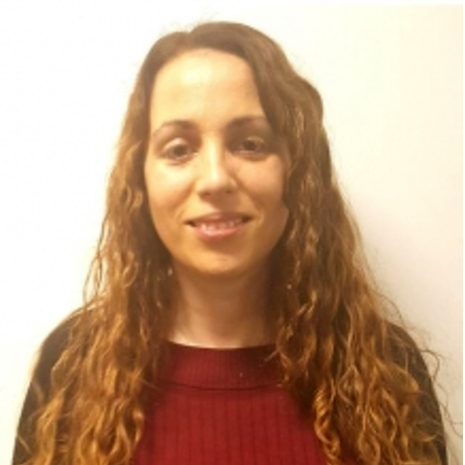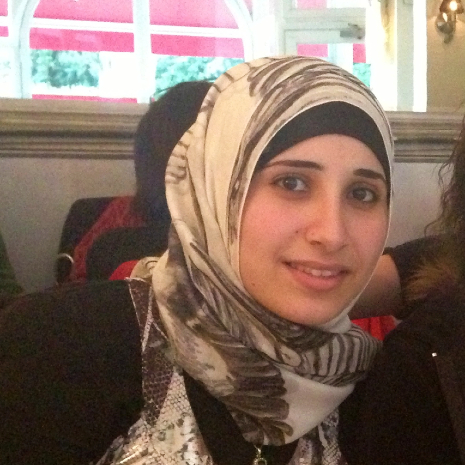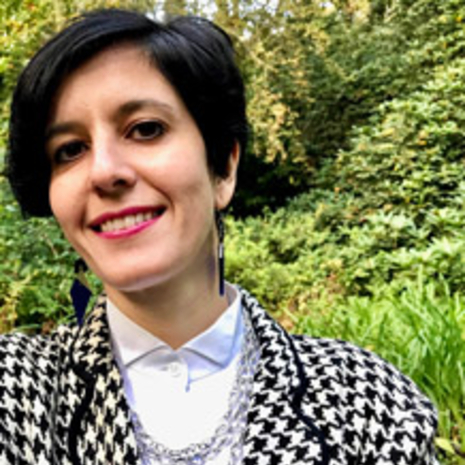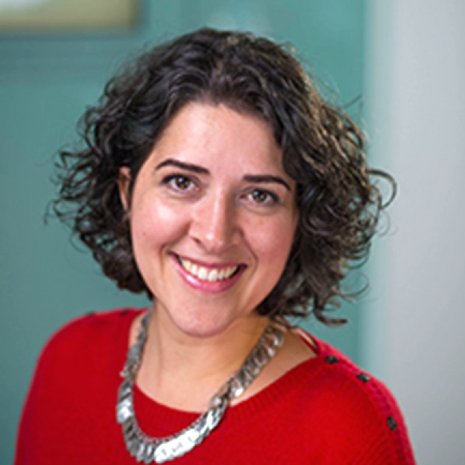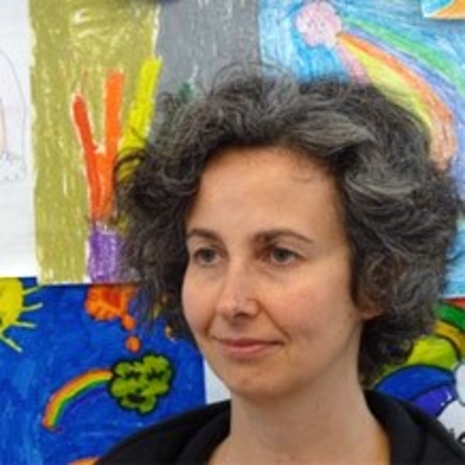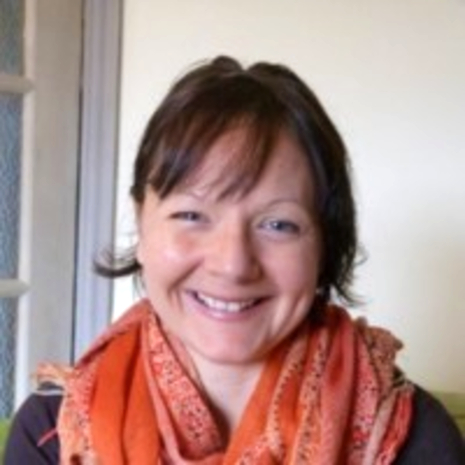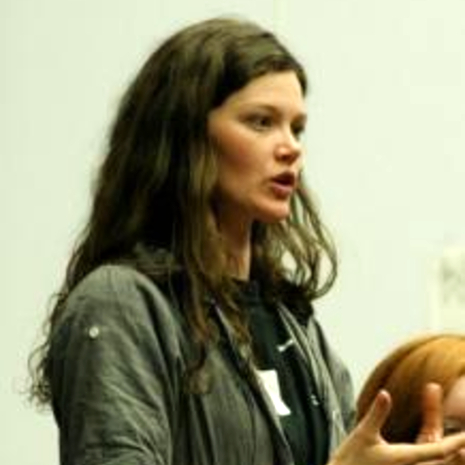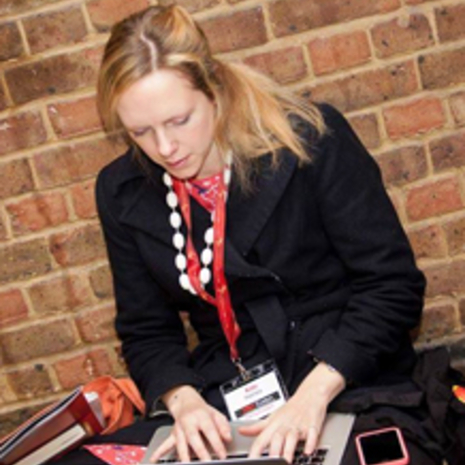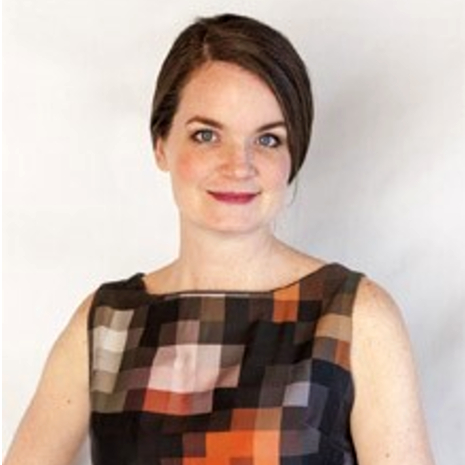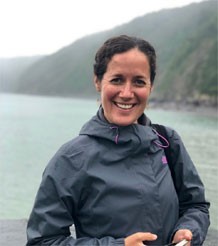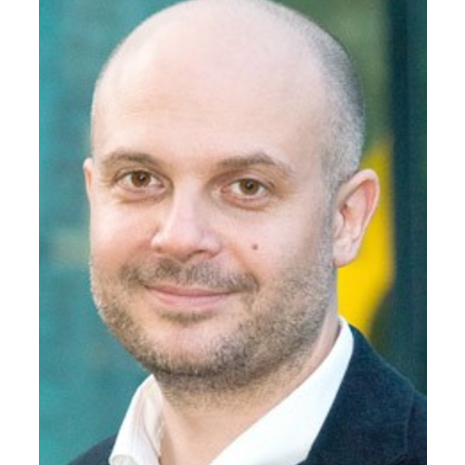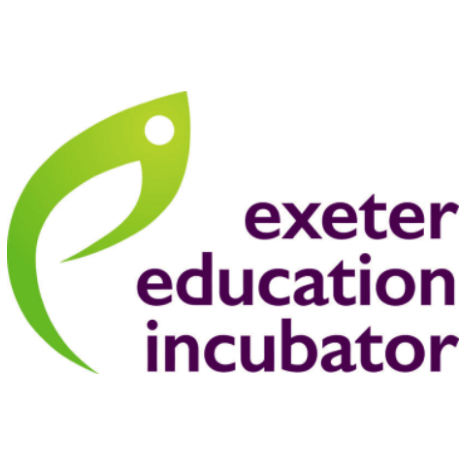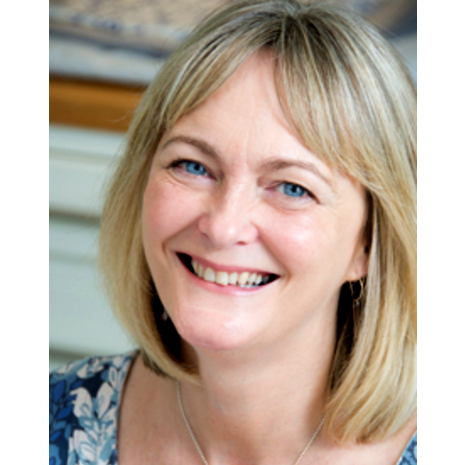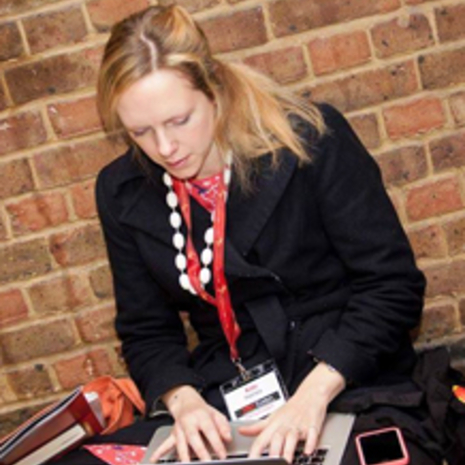Education Incubator Fellows 2020/21
Incubator Projects 2020/21
Incubator Projects 2020/21
Incubator Projects 2020/21
The Education Incubator is a University of Exeter investment in cultivating pedagogic innovation and collaboration. Each year, the Incubator supports academics from across the University to develop projects where they can create and explore pedagogic innovations that have an impact on the wider experience at Exeter and beyond.
A panel met in February 2020 to discuss 38 project applications on a wide variety of topics. They agreed to fund 19 projects led by staff from across the University, and supported by the Education Incubator:
Incubator Projects 2020/21
The Incubator is running 19 projects under four themes in 2020/21. The projects come from across the University and a range of disciplinary perspectives. This year the projects are involved in implementing and evaluating innovative online teaching, developing alternative pedagogical approaches, and creating new educational support mechanisms for non-traditional student groups. The outputs and outcomes from these fellowship projects will be showcased and shared across the University and beyond.
The Education Incubator is part of the University of Exeter’s ongoing commitment to international excellence in education.
Network Mentor: Lisa Harris (UEBS)
Transcultural Devon
Alice Farris, Danielle Hipkins (Modern Languages and Cultures), and Valentina Todino (Italian Cultural Association - Exeter)
The project aims to establish a new final-year module within Modern Languages and Cultures, giving students the opportunity to explore ethnographic research and cultural diversity within the local community. Students will conduct interviews with members of the public in their mother tongue, exploring their different nationalities and experiences as migrants. These interviews will then be used to create a short film (a sample of this kind of work is visible at http://transculturaldevon.exeter.ac.uk).
Cultural Community Mentoring Project
Sana Rizvi, Malcolm Richards, and Helen Knowler (GSE, REEN)
The project seeks to encourage teacher trainees to build positive and nurturing professional connections with wider cultural communities, which hopes to ultimately, positively impact on the number of BIPOC ITE trainees who
progressing onto Newly Qualified Teacher (NQT) status, and longer-term careers in teaching and further academic study in the region. The project will develop an 'accredited' methodology for BIPOC mentoring, building on existing collaborative approaches and networks.
Connected Classrooms - Teaching and Learning across Continents
Nandini Chatterjee, Gajendra Singh, and Rebecca Williams (HUMS)
The project focuses on connecting classrooms across continents, using video-conferencing facilities to develop and simultaneously teach a module for Year 3 students based at the University of Exeter and at the Lahore University of Management Sciences in Pakistan. The development of the module will provide a truly international learning experience, with exposure to different teaching and learning styles, and to peers in another country, without the expenses and risks of international travel.
Crowd Obtained Research and Learning (CORAL) Exeter
Adam Porter and Jamie Stephens (Biosciences)
The Bahamas Fieldcourse is a flagship module at the University of Exeter delivering immersive teaching on coral reefs. The project is designed to add a platform for generating cutting edge research from the student fieldcourse and also to engage all students at the university who wish in the process of academic research. The project offers opportunities for students to be involved in the writing of an academic manuscript that will create a template for further engagement with future cohorts and students in other courses and disciplines.
Learning Mathematics Through Art at Primary School Level
Houry Melkonian (CEMPS)
The project aims to creatively rethink the primary level mathematical pedagogy through the use of art. It will do this through combining art and maths for school children and developing artistic learning activities that teaches and communicates the maths skills acquired for different age groups. The project evaluation outputs will encourage the permament incorporation of these creative learning activities into maths curriculum at primary schools.
Network Mentor: Sonia Cunico (HUMS)
What Does Good Online Learning Look Like?
Karen Walshe and Sharon Morgan (GSE)
This project aims to establish an online Community of Inquiry to support students' collaborative online learning. It will enhance the understanding of online learning by identifying what aspects of social, cognitive, and teaching are missing in online posts within the community, using these findings to inform future teaching/module reviews.
Improving Student Experience and Employability through Cloud Technologies in the Computer Science curriculum
Matt Collison, Achim Brucker (CEMPS), and James Bingham (Exeter IT)
Cloud computing technologies have facilitated major changes in the way software is developed, deployed, and consumed. These changes have had a knock-on effect on the skillset required of professionals in computer science and related industries, This project seeks to evaluate the core skills required in industry applications of cloud computing, evaluate the infrastructure supporting teaching and learning of cloud computing skills in Higher Education, and evaluate the integration of cloud computing skills in the Computer Science curriculum at the University of Exeter.
Student partnerships to enhance course organisation: an online module selection pilot
Andy Higginson (CLES), Ben Goulding (SDU), Beverley Hawkins (UEBS), Lizzie Hustwayte (SSIS), and David Wakeling (CEMPS)
The existing 'First Come, First Served' method of choosing optional modules resulted in high levels of dissatisfaction for staff and students. This project aims to empower students - who have valuable knowledge and technical skills from being personally affected by these processes - to develop custom software to fairly allocate students into their optional modules based on their preferences.
The development of a pre-registration online module to facilitate the transition of Chinese Masters students to the English educational system
Kirsty Brock and Alan Barker (SHS)
The project aims to develop and determine whether an online pre-registration module that covers essential study skills will minimise learning shock and increase attainment and satisfaction in Chinese masters students.
The Playful University
Maarten Koeners (CMH) and Stephanie Comley (TEL)
This project will develop a compassionate university community of playful learning, through the co-creation and promotion of a culture that can foster play and prototype games to be used in teaching and learning, while working to increase the awareness and uptake of these methods.
Network Mentor: Genevieve Williams (CLES)
Mathematics without Tears and Fears: Pedagogical Games which teach Mathematics Principles across Academic Disciplines
Layal Hakim, Weihan Ding, and Pascal Stiefenhofer (CEMPS)
The aim of this project is for academic staff to collaborate with undergraduate students in a student as a co-researcher model to produce a set of pedagogical games of mathematical proof. In the second phase, the project will develop new pedagogies of teaching mathematics to non-mathematicians based on pedagogical games of mathematical proof. In the third phase, the project will investigate the effectiveness of these new pedagogical developments in in-class contexts.
Serious Play, Serious Fun, Serious Skills: Developing a Serious Play and Gaming Pedagogic Community across the University of Exeter
Holly Henderson (UEBS), Martin Robson (SSI), and Caitlin Kight (Academic Development)
The project aims to deliver a Serious Play Champions programme across all Colleges and a 'Serious Play for Serious Problems' programme for students across all Colleges. Through part-funding a further six Lego Serious Play Facilitators, the project will deliver 150 Lego Serious Play Sessions reaching c.4000 students, 12 Academic Development/ Skills sessions to reach c.400 staff, eight widening participation sessions, and a Grand Challenges event for over 200 using Serious Play. It will also develop a web presence and repository of Serious Play and Gaming resources.
Mindful Classics: Embedding Contemplative Pedagogy into the Study of Antiquity
Irene Salvo, Katharine Earnshaw, Gabriele Galluzzo, Sharon Marshall, Giovanna Colombetti, Inmaculada Adarves-Yorno, Barney Dunn, John Danvers, Sarah Lane, and Emma Thom (HUMS)
This project intends to increase awareness and knowledge of self-care techniques to deal with difficult thoughts and tackle academic challenges. It will organise training sessions on MSBR, Yoga, and Qigong for students in Classics, as well as offering CPD workshops on mindful pedagogies for staff. The project will also run a workshop on mindfulness and pedagogy for UK classicists and other professionals in schools and HEIs.
Engaging students in the use of progress-testing to enable deep-learning
Christine Heales and Demelza Green (CMH)
It is intended that the introduction of progress testing itself will enhance student learning, and this project will feed into that by ensuring the best possible support for these students. The information yielded by this project will be utilised to both design information and support strategies and will be directly tailored to meet the apprentices’ needs.
Network Mentor: Susan McAnulla (CMH)
Can We Talk About This? (Dialogic Spaces)
Erin Walcon and Emily Kreider (HUMS)
The project will create theatre-based dialogic structures which can foster proactive prevention for addressing student challenges and areas of concern. These include:
1. Addressing common safety and wellbeing issues for first-year undergraduates;
2. Opening up conversations about safeguarding for university-ages students, and inparticular, staff responsibilities when addressing complex areas of student need;
3. Providing space for staff and educators to reflect upon moments from their teaching practice, where they are negotiating complex questions about student identity (race, class, privilege, sexuality, and disability).
Through these aims, the project will open up a critical dialogue about areas of concern or complex challenge, using innovative dialogic techniques to facilitate conversations about how we approach these within teaching practices.
Decolonial Knowledge Production and Anti-Racist Pedagogies: Building a Cross-Disciplinary Community of Practice
Kate Wallis, Lara Choksey, Stacey Hynd, Abram Foley, Katie Natanel, Malcolm Richards, Angelique Richardson, Nicola Thomas, and Andrea Wallace (HUMS)
The project aims to build a cross-disciplinary community of practice around decolonial thought and anti-racist pedagogies that engages students and staff across all Colleges, It seeks to curate a year-long interlinked series of events, workshops, and an exhibition that amplify student voices, create dialogue between staffs and students about racism, enable staff to learn both from cross-disciplinary conversations within UoE and from external experts who are leaders in decolonial praxis, and build networks and alliances with local decolonial activities in the South-West.
Developing mathematical reasoning and communication through computer-aided teaching and assessment
Gihan Marasingha (CEMPS)
Effectively learning and teaching mathematical reasoning is a significant challenge for beginning undergraduate students and their teachers. This traditional didactic approach is performative on the part of the teacher and does not facilitate reflective learning on the part of the student. This project aims to equip students with the skills to read, present, and criticise formal arguments using the interactive proof assistant LEAN.
Rethinking Education Through The Lens of Parallel Texts
Barrie Cooper, Layal Hakim (CEMPS), and Leif Isaksen (HUMS)
This project is an invitation to a conversation (and create a network) around what education feels like through this lens and what tools, standards, and protocols could support and drive developments in this direction. We intend to bring together a network of people across Digital Humanities, E-Learning, Data Science and Artificial Intelligence, and a range of subject areas to further probe the implications of this way of thinking.
Cartasvivas: A Multimodal Project-Based Learning Approach in Modern Languages
Isabel Santafe and Nuria Capedevila-Argüelles (HUMS)
CartasVivas© is an audiovisual project consisting of series of short film capsules (http://cartasvivas.org/en/). The capsules showcase a video gallery of live readings of letters and memoirs by women intellectuals and artists from the Spanish avant-garde. It is an international project developed in partnership with researchers and students from the University of Barcelona, led by film director Paula Ortiz (University of Barcelona) and Professor Nuria Capdevila-Arguelles from Exeter, and supported by Fundación Banco Santander. Prof. Capdevila-Arguelles is the co-creator and co-director of CartasVivas and Dr. Isabel Santafe coordinates the translation/subtitling students’ work at the University of Exeter. Their current project, part of the CartasVivas brand expansion strategy and supported by the Incubator funding, is CharlasVivas: a series of podcasts (some with guest speakers), which will discuss the film capsules in context and will be used for educational purposes in MLS3037 Women and Feminism in 20th Century Spain module.
To learn more about these projects, or if you have any questions about future funding opportunities, please email the Incubator at educationincubator@exeter.ac.uk.








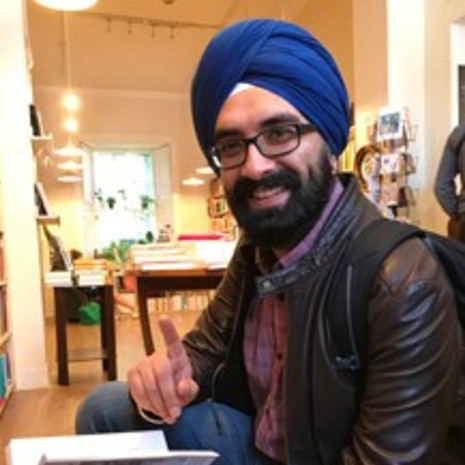

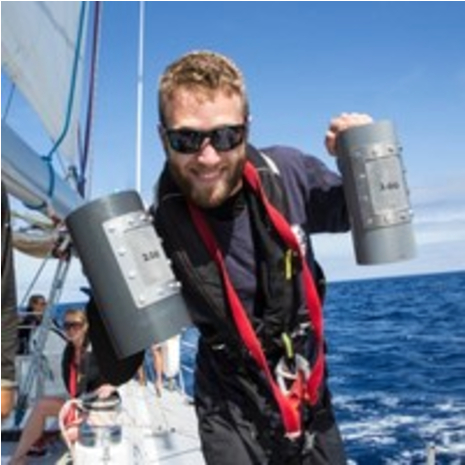

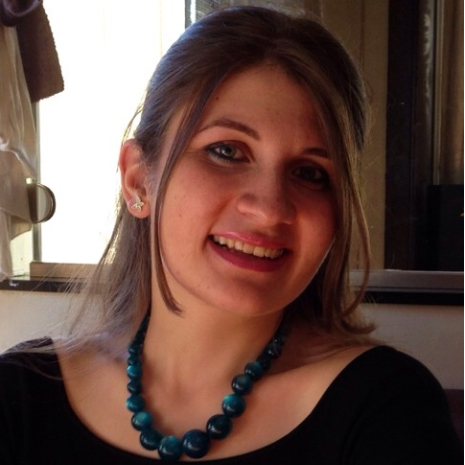
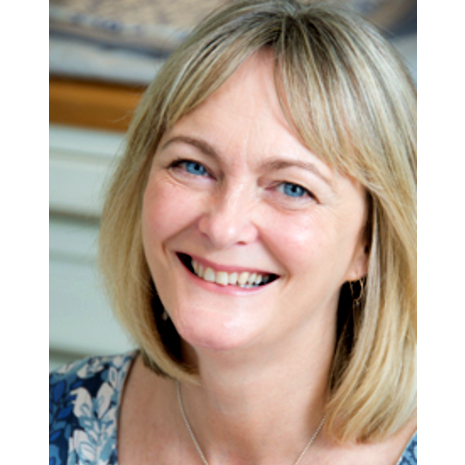
.jpg)







